Many cosmetic products contain chemicals linked to cancers
Many cosmetic products sold in the United States and Canada contain high levels of perfluoroalkyl substances (PFASs), dangerous chemicals linked to kidney and testicular cancer and other serious diseases, a study has revealed. to know this Tuesday, June 15, 2021.
Scientists from the University of Notre Dame in the United States came to this conclusion after analyzing the composition of more than 200 cosmetic products on sale in the two North American countries and discovering that 56% of makeup bases and eye products , 48% of the lipsticks and 47% of the mascaras studied contained high levels of fluoride, indicating the use of PFAS.
The study's principal investigator, University of Notre Dame physics professor Graham Peaslee, cautioned that the widespread use in the cosmetics industry of products known as "the eternal chemicals" is very concerning.
“These results are particularly concerning when considering the risk of exposure to consumers combined with the size and scale of a multi-billion dollar industry that supplies these products to millions of consumers every day,” Peaslee said in a statement. a statement.
Researchers also revealed that 29 products with elevated fluoride concentrations that were further analyzed also contained between four and 13 specific PFASs. Only one of these cosmetics warned of PFAS content on its label.
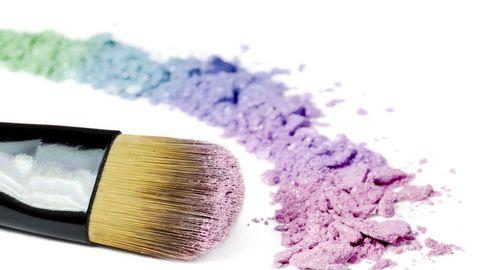
“It is important to note that the full extent of use of these chemicals in cosmetics is difficult to estimate due to the lack of strict labeling requirements in both countries,” added Peaslee.
Women and children
Canadian researcher Fe de León, from the Canadian Environmental Law Association (CELA) and who has worked for more than a decade to warn about the danger of PFAS, declared that the inherent toxicity of these chemicals is added that many of its users are women.
“Simply by the nature of our bodies, which are much more sensitive to the impact of these chemicals, particularly fat tissue, is a problem,” said De León, who was not part of the University of Notre Dame study. .
De León also stressed that many adolescents and even children who have not yet reached puberty use cosmetic products that, if they contain PFAS, can pose a serious threat to their health.“From a child health perspective, PFAS are a real problem," De León added.
In 2017, the fifth report by the Government of Canada to detect environmental chemicals in the human body found that 99% of all people had perfluorooctane sulfonates (PFOS) and perfluorooctanoic acid (PFOA), two subgroups of PFAS, in your blood.
PFAS are chemicals, now the list reaches almost 5,000 different compounds, which have had multiple industrial uses: from non-adhesive pans to fabrics, food wrappers and flame retardant protective gear used by firefighters.
But PFASs have been linked to kidney and testicular cancer, high blood pressure, thyroid disease, and immunotoxicity in children.
Persistent chemicals
Professor Peaslee cautioned that “PFAS are persistent chemicals; when they enter the bloodstream they remain there and accumulate. There is also an additional risk of environmental contamination associated with the manufacture and disposal of these products, which could affect many more people."
In the United States, Senators Susan Collins (Republican) and Richard Blumenthal (Democrat) are scheduled to introduce a bill to ensure that cosmetic products do not contain PFAS.
“Americans should trust that the products they are applying to their hair or skin are safe. To help protect people from further exposure to PFAS, our bill will require the Food and Drug Administration (FDA) to ban adding PFAS to cosmetic products," Collins said in a statement.
In Canada, legislation regulating the use of these chemicals is currently under review, but De León said the discovery of widespread use of PFAS in cosmetic products proves controls aren't working.
“A more basic question is to know why they are used to make cosmetic products and if they are really necessary. And I know there is always a cost issue associated with this,” she explained.
What De León is blunt about is the use of cosmetics that contain PFAS. “I wouldn't use them. There should be greater responsibility from the industry that uses these products," he concluded.


















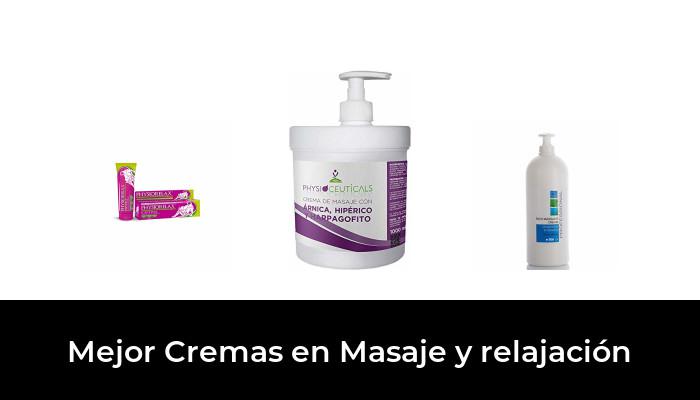
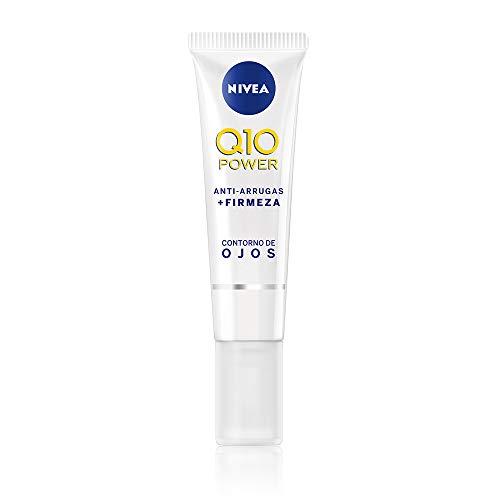
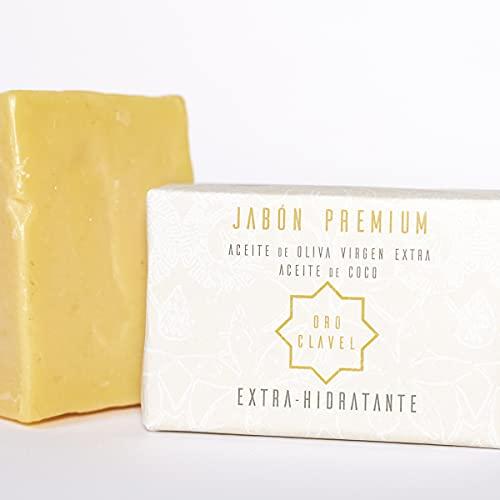
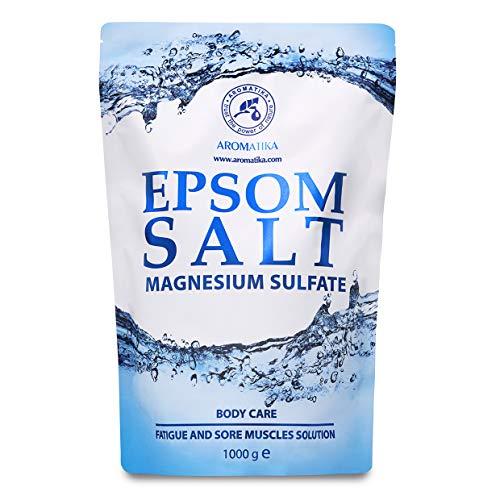




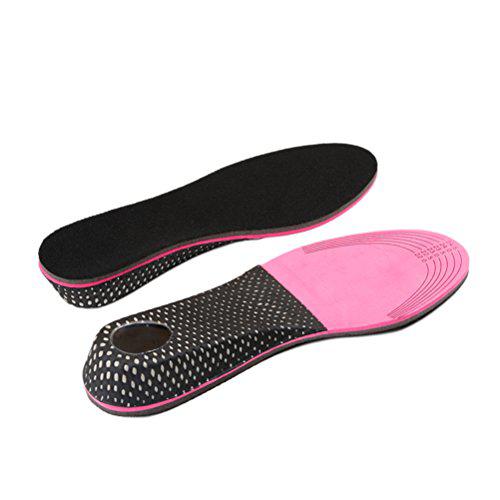


49 Best Creams in Massage and relaxation in 2021: according to the experts
25/02/2022You can get any random Massage & Relaxation Creams, but if you are looking for expert advice to make the best choice for your needs, then you have come to the right place. No matter...